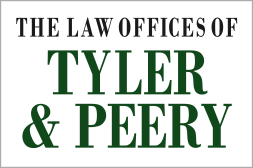It is now well understood that engaging with social media while driving is hazardous. However, it comes as a surprise to many to learn that engaging with social media after a crash can be hazardous in a different way.
Millions of Americans interact with social media – and their electronics – on a daily basis. Restricting one’s social media activity can be understandably difficult. However, if you have recently been injured in a motor vehicle accident, either cutting out or being extremely cautious on social media until your case is resolved is important.
Key considerations
Crash victims should exercise caution when using social media platforms for several potentially-consequential reasons. Key factors to consider include:
- Privacy concerns: Sharing personal information, photos or details about the accident on social media can compromise privacy. Insurance companies, opposing parties or their legal representatives might monitor social media profiles to gather information that could be used against crash victims during settlement negotiations or litigation.
- Inconsistent claims: Posting on social media about the accident or injuries can lead to inconsistencies in the victim’s claims. Insurance companies or opposing parties may scrutinize social media posts to find contradictions between the victim’s statements and their online activities. Such inconsistencies can undermine the credibility of the victim’s case.
- Misinterpretation of posts: Social media posts are often open to interpretation. Innocent or unrelated posts can be misinterpreted and used against crash victims. Insurance adjusters or opposing parties might twist the meaning of posts to discredit the victim’s claims or argue that the injuries are less severe than reported.
- Impact on emotional well-being: Constantly seeing posts about the accident or injuries can negatively affect the emotional well-being of crash victims. Reliving traumatic experiences or engaging in discussions related to the accident on social media may impede the healing process and cause emotional distress.
It’s always wisest to be prudent about your posts after a wreck. Experienced legal guidance can help you learn more.
